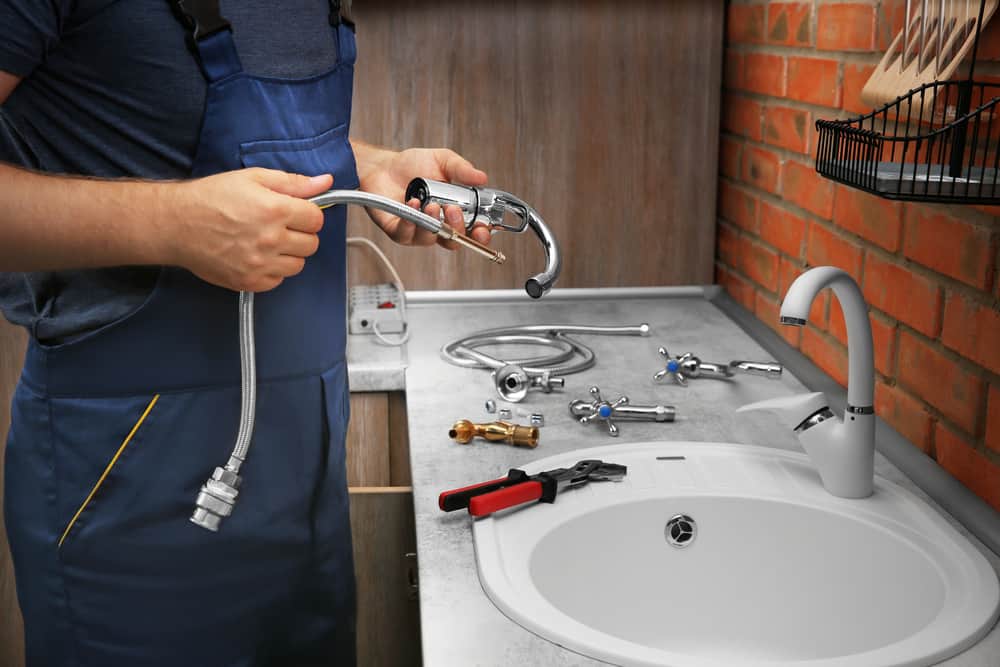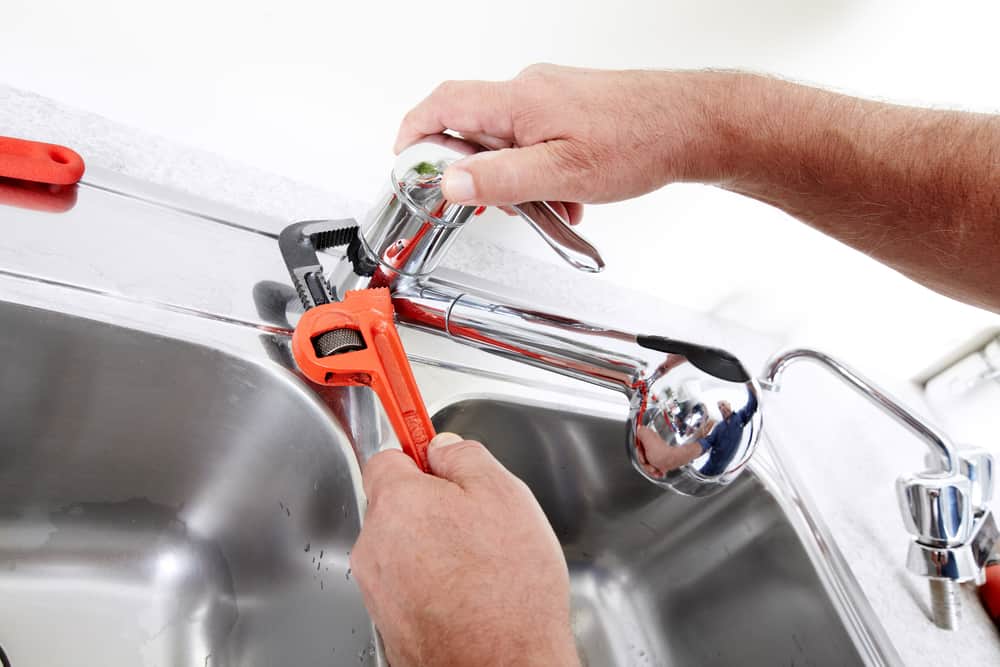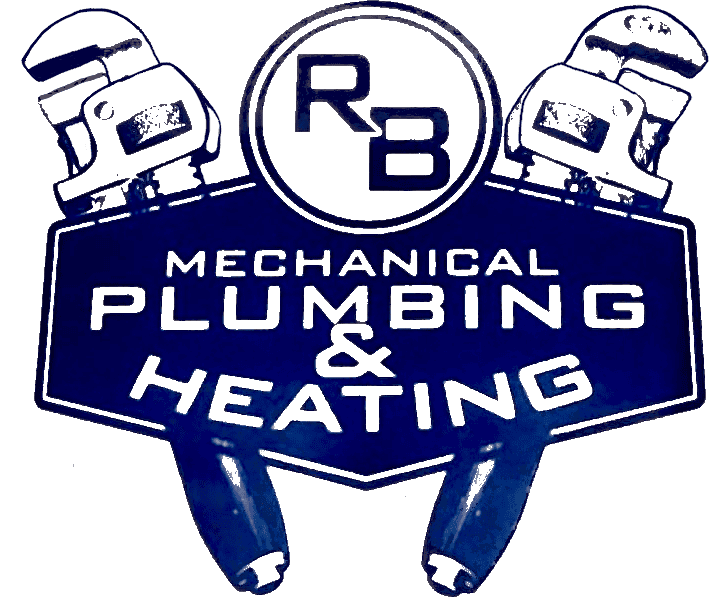Water Heater Replacement in Wall Street, NY
Offering exceptional proficiency in HVAC and plumbing services customized to meet the varied requirements of residential, commercial, and industrial clients, all while maintaining exemplary standards in quality, safety, and environmental responsibility for water heater replacement.
Check Out Our 77+ Home Advisor Reviews!











View our work
Browse all Services
contact us
Safety First: The Importance of Professional Water Heater Replacement in Wall Street, NY

Expert Water Heater Replacement by RB Mechanical Plumbing and Heating
At RB Mechanical Plumbing and Heating, we understand the vital role that a properly functioning water heater plays in your daily life. When it’s time for a replacement in Wall Street, NY, trust our experienced team to ensure your safety and comfort. Our certified technicians specialize in seamless water heater replacement services in New York City, utilizing their in-depth knowledge and state-of-the-art equipment to provide top-notch solutions.
With RB Mechanical Plumbing and Heating, you’re not just getting a new water heater – you’re getting peace of mind. Our commitment to your safety drives us to adhere to the highest industry standards during every replacement project. We take every precaution to ensure that your new water heater functions flawlessly, promoting energy efficiency and reducing the risk of potential hazards. If you’re ready to secure your home’s hot water supply, give us a call today at 646-996-5806 to schedule your professional water heater replacement.
Transparent Pricing: No surprises, no hidden charges. We provide a detailed cost breakdown before starting, ensuring you’re fully informed and comfortable.
Long-term Solutions: Instead of quick fixes, we focus on providing solutions that stand the test of time, reducing the need for frequent maintenance.
In-Depth Consultation: Before we begin any work, our experts spend time understanding your home’s layout, current plumbing infrastructure, and your specific requirements.

Why Choose Professional Water Heater Replacement?
While some may consider water heater replacement as a DIY project, it’s important to recognize the complexities involved. Our skilled technicians at RB Mechanical Plumbing and Heating possess the expertise needed to perform a safe and efficient replacement. Here’s why professional service matters in New York City:
- Safety First: Water heaters involve gas, electricity, and plumbing connections, which can pose risks if mishandled. Our experts are well-versed in these intricacies, ensuring a secure installation that safeguards your home.
- Proper Sizing: Selecting the right-sized water heater is crucial for optimal performance. Our technicians assess your household’s hot water needs and recommend the appropriate capacity, enhancing energy efficiency.
- Code Compliance: Local building codes and regulations must be adhered to during installation. We are familiar with Wall Street’s codes and will ensure your replacement meets all requirements in New York City.
- Warranty Protection: Our professional installation comes with warranties, giving you added protection and peace of mind. In case of any issues, you can rely on our support and expertise.

Seamless Water Heater Replacement Process in Wall Street, NY, New York City
At RB Mechanical Plumbing and Heating, we prioritize a hassle-free experience for our customers. Our water heater replacement process is designed to minimize disruptions while maximizing safety and efficiency in New York City:
- Assessment: Our team begins by evaluating your existing water heater, understanding any specific requirements for your home in Wall Street.
- Recommendation: Based on our assessment, we provide you with replacement options that align with your needs, budget, and energy efficiency goals.
- Professional Installation: Our certified technicians handle the entire installation process, from disconnecting the old unit to connecting the new one accurately.
- Testing: We rigorously test the new water heater to ensure proper functionality and safety measures. This includes checking for leaks, verifying gas and electrical connections, and assessing temperature settings.
- Cleanup: Once the replacement is complete, we clean up the work area, leaving your home as pristine as we found it.
With RB Mechanical Plumbing and Heating, you’re choosing a trusted partner for your water heater replacement needs. Contact us at 646-996-5806 to schedule your replacement in Wall Street, NY, and enjoy reliable hot water while prioritizing your safety.
Have a question?
In the original records of New Amsterdam, the Dutch always called the street “Het Cingel” (“singel” in modern Dutch), which was also the name of the original outer barrier street, wall, and canal of Amsterdam. After the English takeover of New Amsterdam in 1664 they renamed the city New York and in tax records from April 1665 (still in Dutch) they refer to the street as “Het Cingel ofte Stadt Wall” (the Belt or the City Wall). This use of both names for the street also appears as late as 1691 on the Miller Plan of New York. New York Governor Thomas Dongan may have issued the first official designation of Wall Street in 1686, the same year he issued a new charter for New York. Confusion over the origins of the name Wall Street appeared in modern times because in the 19th and early 20th century some historians mistakenly thought the Dutch had called it “de Waal Straat,” which to Dutch ears sounds like Walloon Street. However, in 17th century New Amsterdam, de Waal Straat (Wharf or Dock Street) was a section of what is today’s Pearl Street.
New Amsterdam’s wall depicted on tiles in the Wall Street subway stationThe original wall was constructed under orders from Director General of the Dutch West India Company, Peter Stuyvesant, at the start of the first Anglo-Dutch war soon after New Amsterdam was incorporated in 1653. Fearing an over land invasion of English troops from the colonies in New England (at the time Manhattan was easily accessible by land because the Harlem Ship Canal had not been dug), he ordered a ditch and wooden palisade to be constructed on the northern boundary of the New Amsterdam settlement. The wall was built of dirt and 15-foot (4.6 m) wooden planks, measuring 2,340 feet (710 m) long and 9 feet (2.7 m) tall and was built using the labor of both enslaved Africans and white colonists. In fact Stuyvesant had ordered that “the citizens, without exception, shall work on the constructions… by immediately digging a ditch from the East River to the North River, 4 to 5 feet deep and 11 to 12 feet wide…” And that “the soldiers and other servants of the Company, together with the free Negroes, no one excepted, shall complete the work on the fort by constructing a breastwork, and the farmers are to be summoned to haul the sod.”
The first Anglo-Dutch War ended in 1654 without hostilities in New Amsterdam, but over time the “werken” (meaning the works or city fortifications) were reinforced and expanded to protect against potential incursions from Native Americans, pirates, and the English. The English also expanded and improved the wall after their 1664 takeover (a cause of the Second Anglo-Dutch War), as did the Dutch from 1673 to 1674 when they briefly retook the city during the Third Anglo-Dutch War, and by the late 1600s the wall encircled most of the city and had two large stone bastions on the northern side. The Dutch named these bastions “Hollandia” and “Zeelandia” after the ships that carried their invasion force. The wall started at Hanover Square on Pearl Street, which was the shoreline at that time, crossed the Indian path that the Dutch called Heeren Wegh, now called Broadway, and ended at the other shoreline (today’s Trinity Place), where it took a turn south and ran along the shore until it ended at the old fort. There was a gate at Broadway (the “Land Gate”) and another at Pearl Street, the “Water Gate.” The wall and its fortifications were eventually removed in 1699-it had outlived its usefulness because the city had grown well beyond the wall. A new City Hall was built at Wall and Nassau in 1700 using the stones from the bastions as materials for the foundation.
Learn more about Wall Street.Local Resources
Useful links for Wall Street, NY
Useful Links
Here are some plumber-related links and associations.
